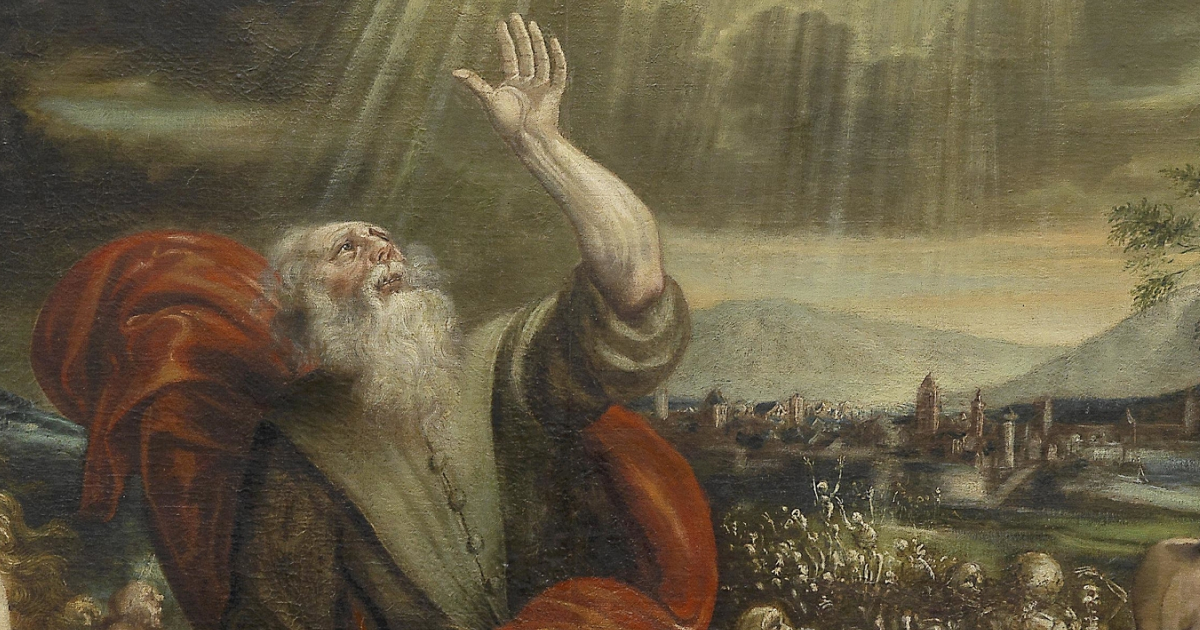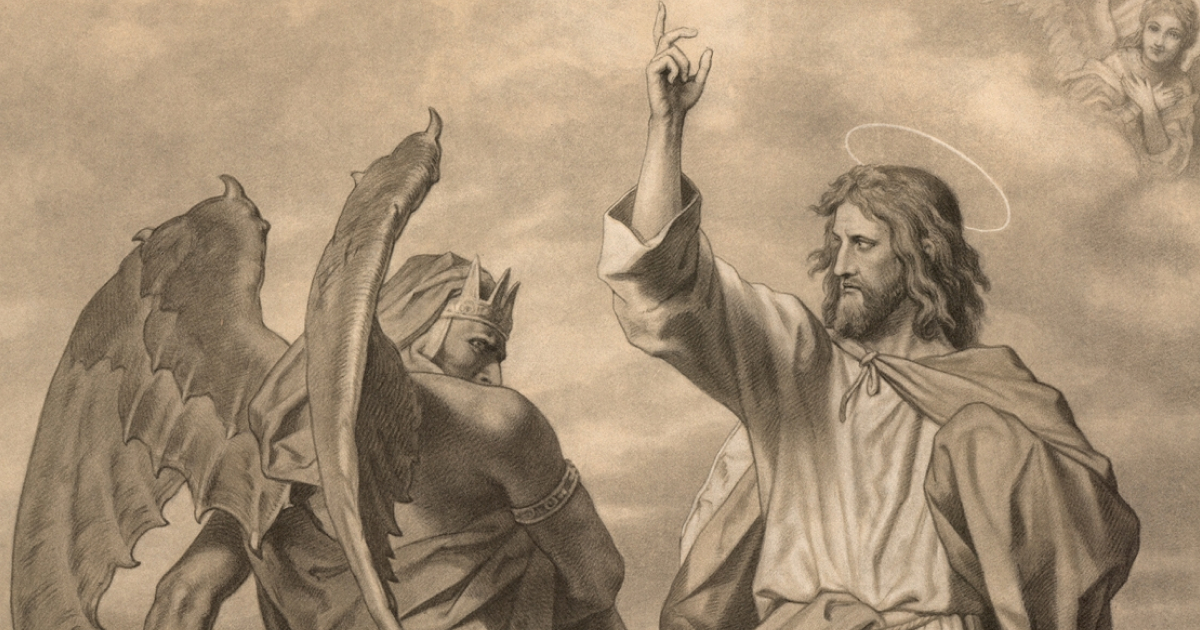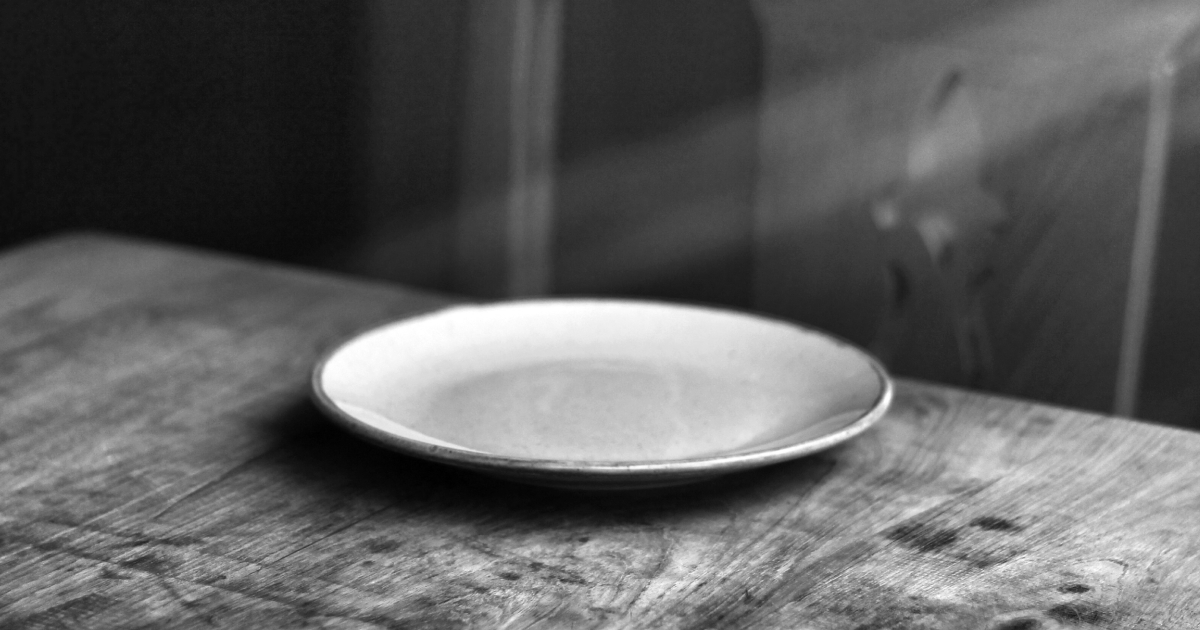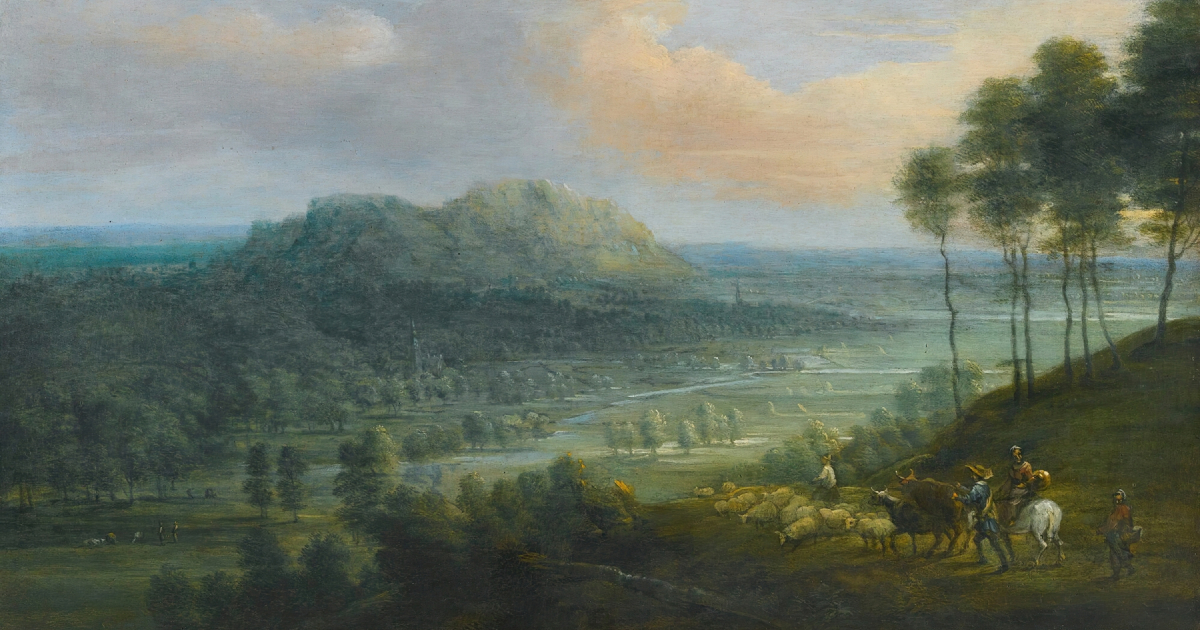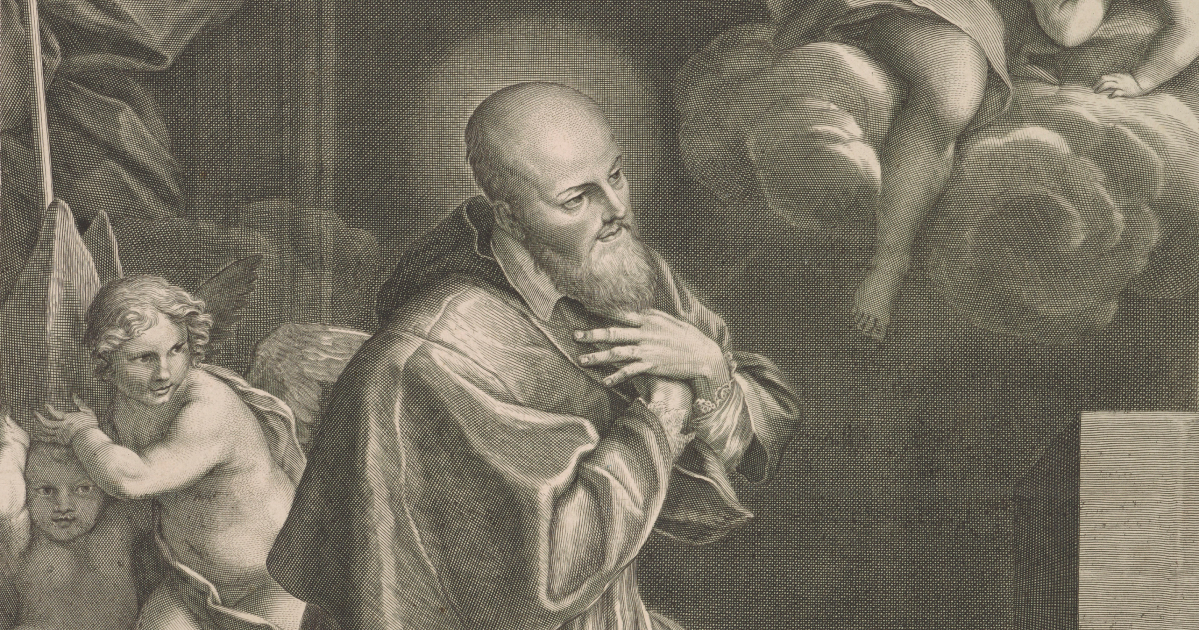My WhatsApp exploded with messages on the morning of Sunday, 29th June (the Feast of Ss Peter and Paul); however, on this occasion it was not parishioners asking to book rooms, but the case of the MP for Dorking and Horley, Chris Coghlan, being denied Holy Communion by his parish priest, Fr Ian Vane; it followed the MP voting for the Terminally Ill Adults (End of Life) Bill, the legislation to legalise assisted suicide.
Clearly, this was one of those moments where everyone wants the opinion of a canon lawyer to parse the standoff between priest and MP, between Church and State.
What does canon law actually say? The relevant canon is canon 915 of the Code of Canon Law: “Those upon whom the penalty of excommunication or interdict has been imposed or declared, and others who obstinately persist in manifest grave sin, are not to be admitted to Holy Communion.”
Firstly, Mr Coghlan, the MP involved, has not been excommunicated, that much is absolutely clear, as there is no excommunicable offence of voting for legislation allowing assisted suicide/euthanasia (yet). The question revolves around whether Mr Coghlan is obstinately persisting in manifest grave sin.
As reported here in the Catholic Herald on 30 June, Mr Coghlan stated that Fr Vane contacted him some time before the Third Reading of the Bill on 20 June, stating that if he voted for the legislation then Fr Vane would not be able to give him Holy Communion; Mr Coghlan had also voted for the legislation at Second Reading on 29 November 2024.
As Canon Law requires obstinacy, it is proved that Mr Coghlan was warned by his parish priest between his first vote for the legislation and his second vote, and yet he chose not to follow his pastor’s counsel. It is easy to demonstrate that the matter is “manifest” as the votes are in the public domain, available for all to see, and Mr Coghlan has publicly stated he was voting according to his conscience.
Is it grave sin? What is relevant here is not the subjective culpability of Mr Coghlan – whether or not Mr Coghlan is in a state of mortal sin – but an objective and observable moral standard. A 2004 note from the then Cardinal Ratzinger to the American bishops says this, “Regarding the grave sin of abortion or euthanasia, when a person’s formal cooperation becomes manifest (understood, in the case of a Catholic politician, as his consistently campaigning and voting for permissive abortion and euthanasia laws), his Pastor should meet with him, instructing him about the Church’s teaching, informing him that he is not to present himself for Holy Communion until he brings to an end the objective situation of sin, and warning him that he will otherwise be denied the Eucharist.”
This, it seems, is what Fr Vane tried to do, he at least contacted Mr Coghlan to let him know his actions would have consequences not only for the poor, vulnerable and marginalised of our nation, but for his own spiritual welfare too.
Was Fr Vane required to deny Holy Communion to Mr Coghlan? Well, media reports suggest that Mr Coghlan wasn’t at the parish Masses that day so it doesn’t appear he actually was denied Holy Communion. However, from the evidence to hand it appears that Fr Vane, and any minister of Holy Communion, would be required to deny Holy Communion to someone in Mr Coghlan’s position.
This is not only to prevent public scandal, but to stop the person falling into further sin. Furthermore, if Fr Vane had given Mr Coghlan Holy Communion, the priest could have been suspended from his office of parish priest under a new delict (or crime) introduced into the Code of Canon Law by Pope Francis in 2021 (c. 1379 §4) – that is how serious Canon Law considers these matters.
The question of Catholic politicians being denied Holy Communion because of their voting records has more often come in the United States than here in England and Wales – but the law is the same on either side of the Pond.
Parish priests are required to be outstanding in sound doctrine and endowed with zeal for souls (c. 521 §2); to promote the spirit of the Gospel, especially regarding social justice (c. 528 §1); and, when the faithful are found wanting, to prudently correct them (c. 529 §1).
Rev Pius Collins o.praem., JCL, serves at the Norbertine Canonry of Our Lady of Sorrows, Peckham.
Photo: A Latin-English edition of the Code of Canon Law on a bookshelf, 17 May 2013. (CNS photo.)
My <em>WhatsApp</em> exploded with messages on the morning of Sunday, 29th June (the Feast of Ss Peter and Paul); however, on this occasion it was not parishioners asking to book rooms, but the case of the MP for Dorking and Horley, Chris Coghlan, being denied Holy Communion by his parish priest, Fr Ian Vane; it followed the MP voting for the Terminally Ill Adults (End of Life) Bill, the legislation to legalise assisted suicide.
Clearly, this was one of those moments where everyone wants the opinion of a canon lawyer to parse the <a href="https://thecatholicherald.com/mp-denied-communion-says-priests-actions-not-endorsed-by-local-bishop/"><mark style="background-color:rgba(0, 0, 0, 0)" class="has-inline-color has-vivid-cyan-blue-color">standoff between priest and MP</mark></a>, between Church and State.
What does canon law actually say? The relevant canon is canon 915 of the <em>Code of Canon Law</em>: “Those upon whom the penalty of excommunication or interdict has been imposed or declared, and others who obstinately persist in manifest grave sin, are not to be admitted to Holy Communion.”
Firstly, Mr Coghlan, the MP involved, has not been excommunicated, that much is absolutely clear, as there is no excommunicable offence of voting for legislation allowing assisted suicide/euthanasia (yet). The question revolves around whether Mr Coghlan is obstinately persisting in manifest grave sin.
As <a href="https://thecatholicherald.com/assisted-suicide-communion-row-why-the-state-cannot-dictate-the-sacraments/"><mark style="background-color:rgba(0, 0, 0, 0)" class="has-inline-color has-vivid-cyan-blue-color">reported here</mark></a> in the <em>Catholic Herald</em> on 30 June, Mr Coghlan stated that Fr Vane contacted him some time before the Third Reading of the Bill on 20 June, stating that if he voted for the legislation then Fr Vane would not be able to give him Holy Communion; Mr Coghlan had also voted for the legislation at Second Reading on 29 November 2024.
As Canon Law requires obstinacy, it is proved that Mr Coghlan was warned by his parish priest between his first vote for the legislation and his second vote, and yet he chose not to follow his pastor’s counsel. It is easy to demonstrate that the matter is “manifest” as the votes are in the public domain, available for all to see, and Mr Coghlan has publicly stated he was voting according to his conscience.
Is it grave sin? What is relevant here is not the subjective culpability of Mr Coghlan – whether or not Mr Coghlan is in a state of mortal sin – but an objective and observable moral standard. A 2004 note from the then Cardinal Ratzinger to the American bishops says this, “Regarding the grave sin of abortion or euthanasia, when a person’s formal cooperation becomes manifest (understood, in the case of a Catholic politician, as his consistently campaigning and voting for permissive abortion and euthanasia laws), his Pastor should meet with him, instructing him about the Church’s teaching, informing him that he is not to present himself for Holy Communion until he brings to an end the objective situation of sin, and warning him that he will otherwise be denied the Eucharist.”
This, it seems, is what Fr Vane tried to do, he at least contacted Mr Coghlan to let him know his actions would have consequences not only for the poor, vulnerable and marginalised of our nation, but for his own spiritual welfare too.
Was Fr Vane required to deny Holy Communion to Mr Coghlan? Well, media reports suggest that Mr Coghlan wasn’t at the parish Masses that day so it doesn’t appear he actually was denied Holy Communion. However, from the evidence to hand it appears that Fr Vane, and any minister of Holy Communion, would be required to deny Holy Communion to someone in Mr Coghlan’s position.
This is not only to prevent public scandal, but to stop the person falling into further sin. Furthermore, if Fr Vane had given Mr Coghlan Holy Communion, the priest could have been suspended from his office of parish priest under a new delict (or crime) introduced into the <em>Code of Canon Law</em> by Pope Francis in 2021 (c. 1379 §4) – that is how serious Canon Law considers these matters.
The question of Catholic politicians being denied Holy Communion because of their voting records has more often come in the United States than here in England and Wales – but the law is the same on either side of the Pond.
Parish priests are required to be outstanding in sound doctrine and endowed with zeal for souls (c. 521 §2); to promote the spirit of the Gospel, especially regarding social justice (c. 528 §1); and, when the faithful are found wanting, to prudently correct them (c. 529 §1).
<em>Rev Pius Collins o.praem., JCL, serves at the Norbertine Canonry of Our Lady of Sorrows, Peckham</em>.
<em>Photo: A Latin-English edition of the Code of Canon Law on a bookshelf, 17 May 2013. (CNS photo.) </em>








